Honoring Black Leaders in Public Health, Government, and IT: Charles Richard Drew, M.D.
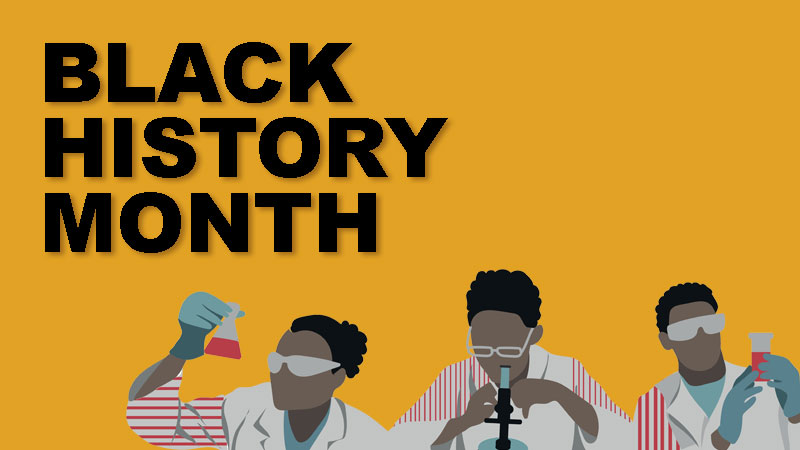
DLH is celebrating Black History Month by honoring the legacy of African-American leaders in public health, information technology, and other areas. Click here to view more entries in our series.
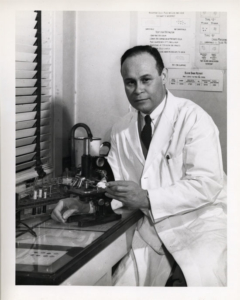
Source: U.S. National Library of Medicine
Dr. Charles Richard Drew’s innovative work on blood, blood transfusions, and medical logistics earned him the name, ‘father of the blood bank.” A surgeon and medical researcher, he was the first African American to earn a medical doctorate from Columbia University. Drew developed a method of preserving blood plasma that enabled soldiers and civilians wounded during World War II to receive transfusions. Dr. Drew excelled as medical director for the ‘Blood for Britain’ campaign when he was called upon by the U.S. government to lead an effort to ship blood plasma to Britain during The Blitz.
He went on to serve as director of the first American Red Cross Blood Bank, but was ultimately moved to resign out of opposition to racial segregation in the donation of blood. At the time, the military and Red Cross marked every unit of blood with the donor’s race, ensuring white patients would not receive blood from black donors. Viewing the policy as humiliating, unscientific, and harmful to the mission at hand, Drew resigned and returned to Howard University as Chief Surgeon.
Learn more about the life and legacy of Dr. Drew from the U.S. National Library of Medicine.
Sources:
‘Charles Richard Drew (1904–1950): Father of blood banking,’ by Siang Yong Tan, MD and Christopher Merritt, MD
‘Charles R. Drew, MD,’ Charles R. Drew University of Medicine and Science

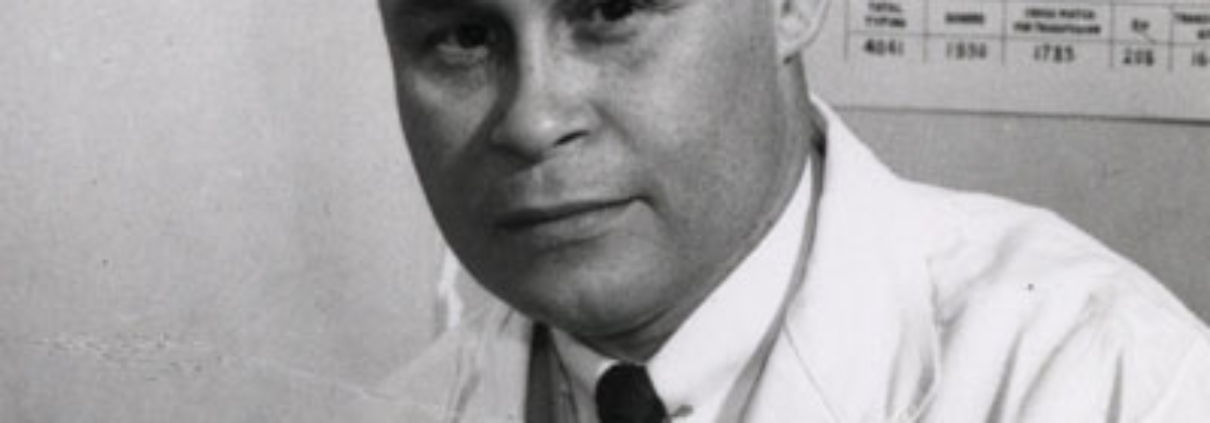
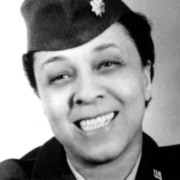
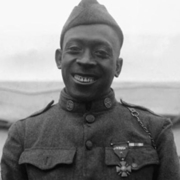
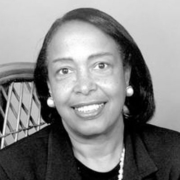
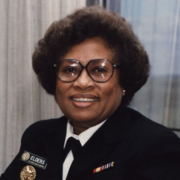
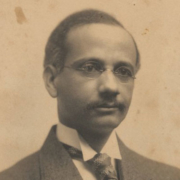
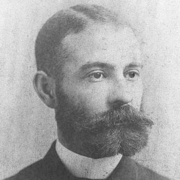
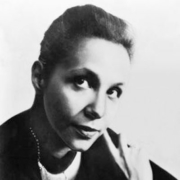
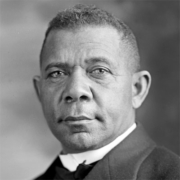



Leave a Reply
Want to join the discussion?Feel free to contribute!